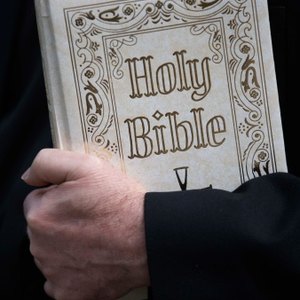
Many churches must eventually make a decision on how to prepare for their pastor’s retirement years. At some point, the pastor may not be able to work on a full-time basis, but will still need financial compensation to maintain his quality of life. Fortunately, there are a variety of retirement options for pastors and other clergy members.
SIMPLE or Roth IRA
One possible option for pastors is a SIMPLE IRA. A SIMPLE IRA is a sponsored plan for organizations that have less than 100 employees. According to the IRS, a SIMPLE IRA is an ideal retirement savings plan for small employers that don’t currently sponsor a retirement plan. With a SIMPLE IRA, both the church and pastor contribute to the retirement plan. Pastors also have the option of opening a Roth IRA on their own. At the time of publication, the maximum annual contribution that can made to a Roth IRA is $5,000. Pastors over the age of 50 can contribute up to $6,000 annually.
403b
A 403b is a common retirement plan instituted by non-profit organizations such as churches. The plan is similar to a traditional 401k, but is more flexible and easier to implement, according to the GuideStone Retirement website. Many churches prefer to use a 403b as opposed to other retirement options.
Social Security
According to My-Pastor.com, pastors are not required to pay Social Security taxes on the income that they make from pastoral duties. Some pastors oppose receiving government support for doing religious work, and can ask for an IRS exemption when it comes to Social Security. Pastors who opt out of Social Security must have a health retirement plan in place. They will also need the discipline to put aside any income they will need for their future retirement. Pastors who choose to receive Social Security may still not have enough to retire on, which is why additional savings plans are essential. According to the website Christianity Today, financial planners recommend saving four to eight times the household’s peak annual earnings in order to retire at the same standard of living.
Other Retirement Considerations
If the pastor lives in a church parsonage, the church must also consider how relocation will be handled. Many pastors live in the church’s parsonage until they retire. Once the church hires a new pastor, the old pastor will need to move out. As part of retirement compensation, pastors may need a severance amount so that they can buy a new home elsewhere.

